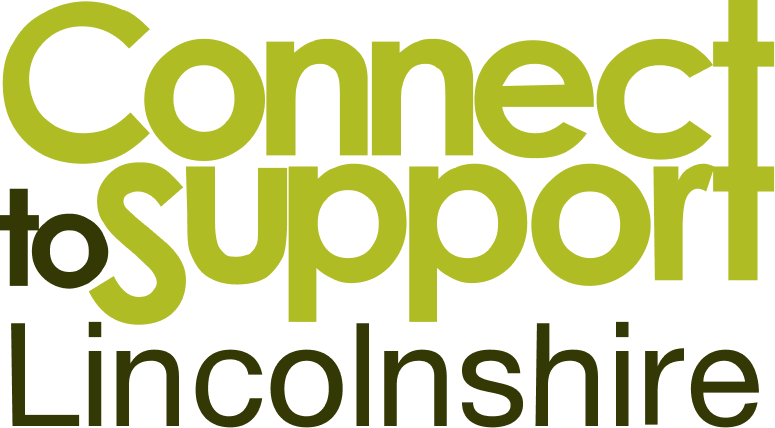There are five steps you can take to improve your mental health and wellbeing. Trying these things could help you feel more positive and able to get the most out of life. Visit How Are You Lincolnshire | Five Ways to Wellbeing
Physical activity releases feel-good hormones that make you feel better in yourself and give you more energy. Being active can also manage your stress levels. Add more activity to your day, do more of what makes you feel good. Take the stairs instead of the lift, cycle to work, walk with friends, get off the bus a couple of stops earlier.
Use Let's Move Lincolnshire's activity finder to find clubs and activities that you are interested in which are happening in your area, or visit One You Lincolnshire to help you get more active.
Visit Mind to see how incorporating physical activity into your lifestyle can help with managing stress and anxiety, improving sleep and boosting your mood.
Lincolnshire Talking Therapies is a service provided by Lincolnshire Partnership NHS Foundation Trust for adults in Lincolnshire who are experiencing problems with anxiety, depression or stress and offers help with issues like bereavement or the impact of a traumatic event. You can refer yourself online or call 0303 123 4000. If you're under 18, or want to get help for someone under 18, find out how to get mental health support for children and young people.
